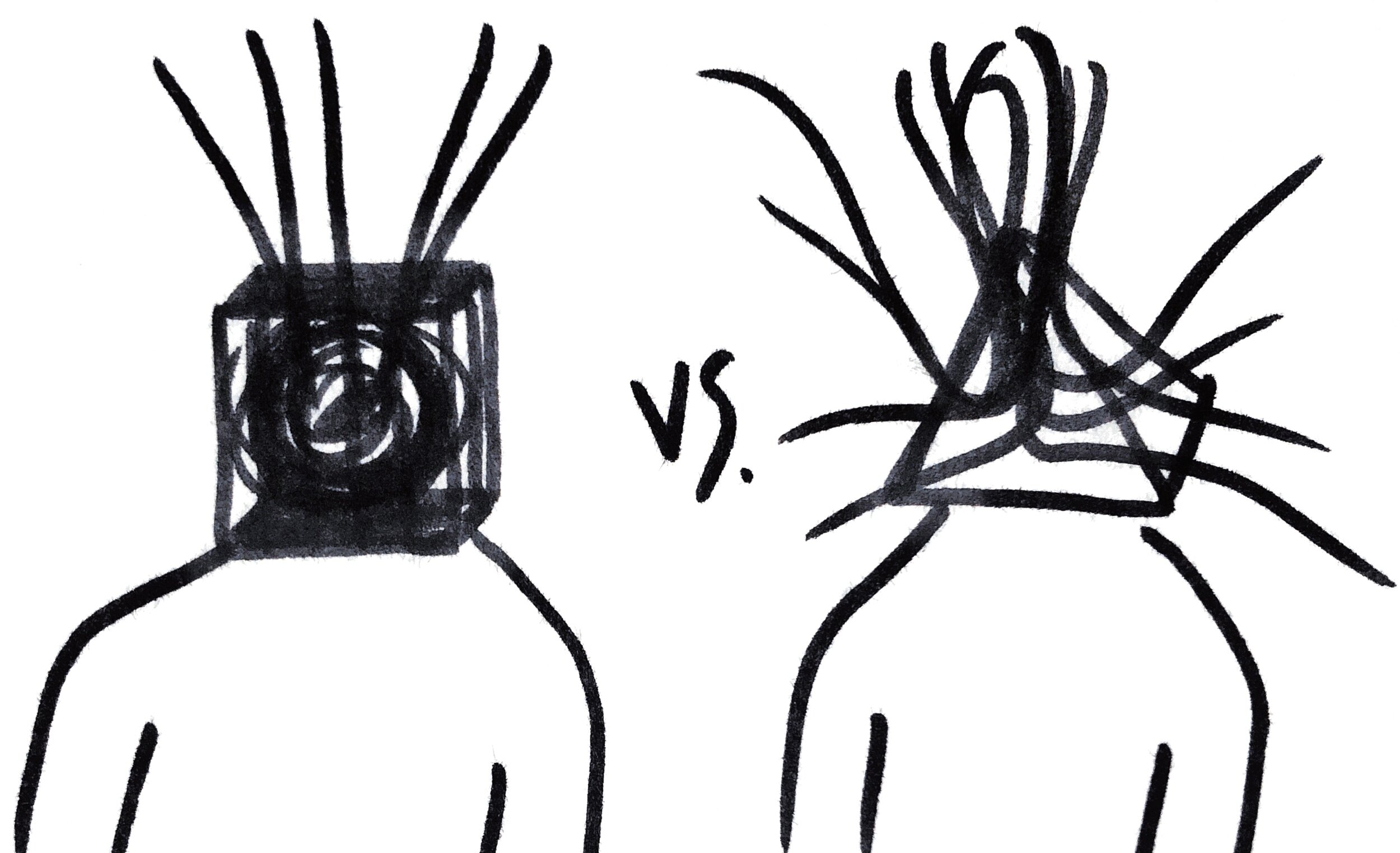A Mental Prism vs Prison
“Let the sky outside
awake a sky inside your mind.”
- Sogyal Rinpoche
Amidst a recent meditation, I found myself contemplating the location of thoughts.
Where is it that your thoughts occur?
If you were to stop and observe your experience of thinking in this moment, how would you answer this question?
The obvious answer is that thoughts exist inside my head, in the space between the curved walls of my skull. Upon direct inspection in meditation, though, this obvious answer felt untrue. It felt (and continues to feel) like “thoughts,” the constant stream of ethereal words and images, are sort of existing everywhere, not limited by the confined space of my head. I was struck by the image of a prism: “thoughts” and more broadly “consciousness” existing everywhere in a nebulous form, and then being refracted into a spectrum of color through one’s individual mind. I was then struck by the contrasting image of a prison: this same consciousness entering and then being confined within the walls of the skull.
A mental prison versus prism
“Thoughts” and “consciousness” entering a mental prison versus a prism
There’s something liberating to me about the notion of being a prismatic vessel for “stuff” that exists everywhere, and I’m just one unique manifestation of it. Conversely, there’s something a bit stifling and overwhelming about the notion of existing as a confined space (a “prison”), a limited container for “my” thoughts. Upon firsthand inspection, it seems to me that thoughts simply occur; “I” don’t make them occur. Maybe “I” am one cool little prism through which the light of consciousness can be made visible, and maybe you are too.
In the paradigm of the prism, there is room for everything. My cup can never run over, whether it be with friends, enemies, work, play, because the well I’m drawing from is not limited but rather is an open end resource.


